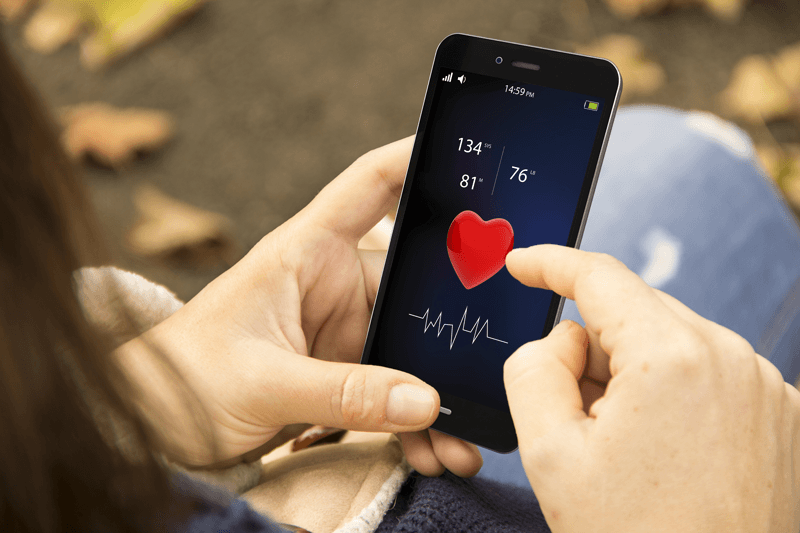As Long as You’ve Got Your Smartphone: How Health Became a Dominant Force Among the Mobile Audience

Now, More than Ever Before, the Mobile Audience Is Extremely Susceptive to Mobile Health Product, Here’s Why 
A great example for that can be found in a mobile campaign launched by the biopharmaceutical brand Pfizer. The company wanted to promote a solution for growth hormone deficiency in children by creating a mobile application that allows parents to track their children’s growth. In addition to developing a dedicated product to help patients and caretakers, Pfizer’s mobile campaign utilized hyper targeting tactics in order to track the parents of children of a certain age, delivering a personal and relevant message that addressed users’ needs. Every Breath You Tech The topic of mobile privacy is a burning one, no doubt. Users are often alarmed by apps’ ability to track their daily routine and personal progress. But what might be perceived as a problem becomes a vividly clear benefit when health concerns are involved. From turning your smartphone into a pedometer or epileptic seizure detector (yes, really), to monitoring your water intake or handling medical records – mobile health is where getting close and personal makes sense the most. Unlike other gadgets, the mobile device and its owner are inseparable. This allows for an immediate response in times of emergency, medical reminders throughout the day, and more. With wearables entering the field, we can expect this aspect of mHealth to continue growing in the near future. Naturally, there are a few unique challenges when dealing with the process. Users must fully trust that the product will protect their privacy. The onboarding process and the app’s permission requests should be meticulously crafted to minimize any concerns of data abuse. With the right message, users will grant a medical app access to their most cherished data. But for them to confide in it, everything about the product must seem reliable and serious. The Future of Care Taking We sometimes forget it, but smartphones are still phones. As our main communication device, they are the perfect solution for caretakers to keep in touch with patients, while still maintaining their daily routine. Medical apps can bring concerned family members a new level of freedom, knowing exactly what and how their loved ones are doing. For mobile developers, the need to care for others can prove to be a source of inspiration. Such was the case of Rotem and Omri Shor, whose diabetic father accidentally took a double dose of insulin and inspired the two brothers to create Medisafe, a mobile medication-management app.
This is an important observation for marketers and developers of medical products, since it redefines their target audience when going mobile. It is a good idea to think not only about the patient using a certain product, but to also include the close circle of friends and family who will be supporting him or her throughout the process. And why stop there? Using mobile as a health-related communication tools is great for communicating with professionals in the field, as well as forming a community of users who share the same problems. With mobile becoming such an important part of our lives, it is only natural for our medical needs to be in the picture. In the future, for example, we can expect to see mobile gadgets replace other medical devices, allowing patients to blend in the crowd despite different disabilities from which they may suffer. Entering this arena requires a certain level of expertise, not to mention the highest level of responsibility possible, but it is where mobile developers can truly make a difference and change people’s lives for the better.






